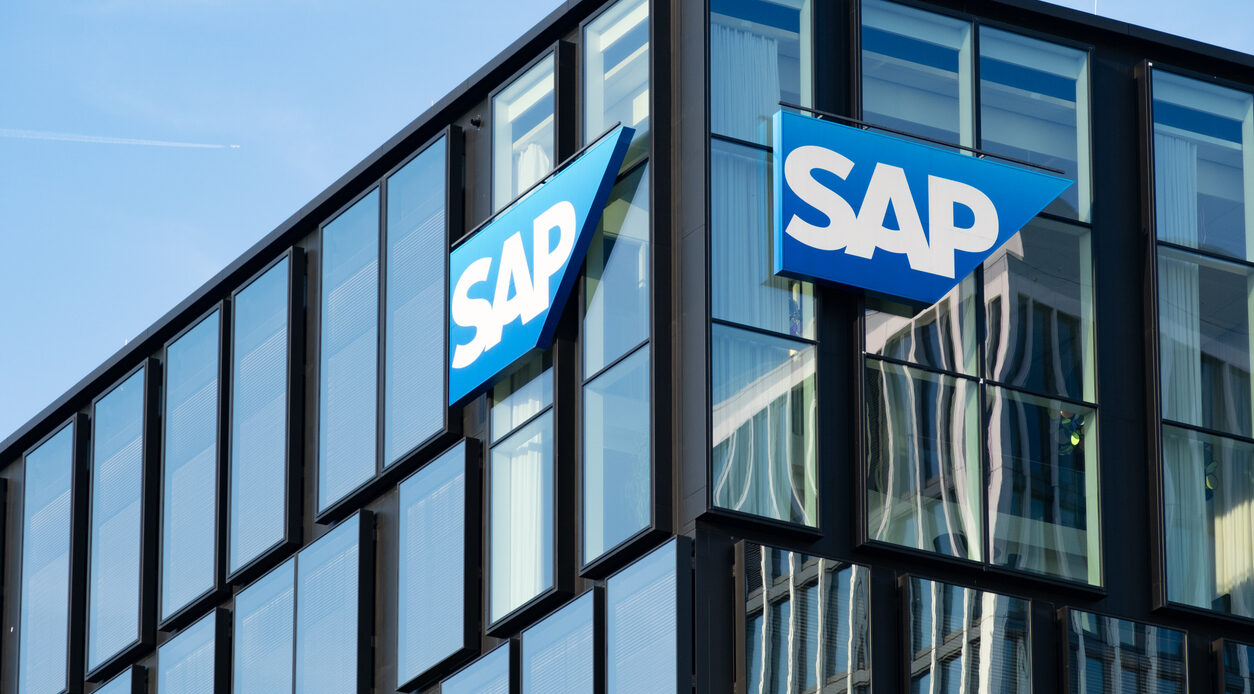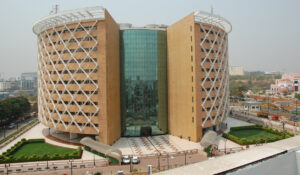SAP Opens New Campus in Bengaluru, Bolstering India’s Status as an Innovation Hub
German software giant SAP has opened its new campus in Bengaluru, marking a significant expansion of its research and development (R&D) hub in India. The campus, known as the India Innovation Park, is located in Devanahalli, near the city’s international airport, and will serve as the company’s second-largest R&D hub outside its headquarters in Germany.
The 41-acre campus, which has been developed at a cost of over 194 million euros, will have the capacity to accommodate up to 14,000 people once fully operational. Currently, 27 acres have been built and are operational, with 3,200 SAP employees already moved in and an additional 4,500 expected to relocate during the first phase.
The new campus is designed to bring together customers, partners, academia, startups, and communities to drive co-innovation. “For us, this is the beating heart of co-innovation,” said Sindhu Gangadharan, MD of SAP Labs India and Head of Customer Innovation Services at SAP.
The expansion underscores India’s growing importance as a tech hub, with Bengaluru emerging as a major cluster for innovation and R&D. The city is home to 875 global capability centres (GCCs) and accounts for 34% of India’s GCC workforce.
SAP’s move is part of a larger trend of tech companies expanding their presence in India. Earlier this year, Google opened its new campus in Bengaluru, while Microsoft is setting up its largest R&D center in Noida, Uttar Pradesh.
With over 17,000 employees spread across multiple cities in India, SAP has a significant presence in the country. The company generates the majority of its revenue from cloud services and is focused on leveraging AI to drive efficiencies for businesses. Its products are used by over 440,000 customers worldwide, including 98 of the world’s 100 largest companies.
The India Innovation Park is expected to play a key role in SAP’s global R&D operations, with over 40% of the company’s global R&D workforce already based in India. The campus is set to be developed in multiple phases, with phase two already approved and construction expected to begin soon.


















